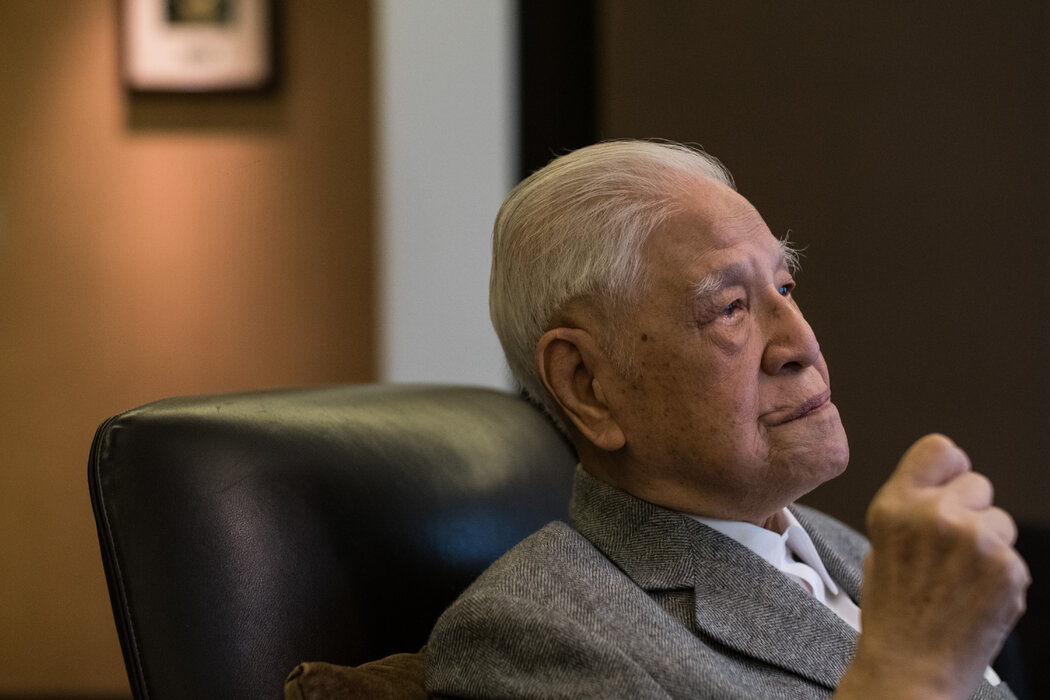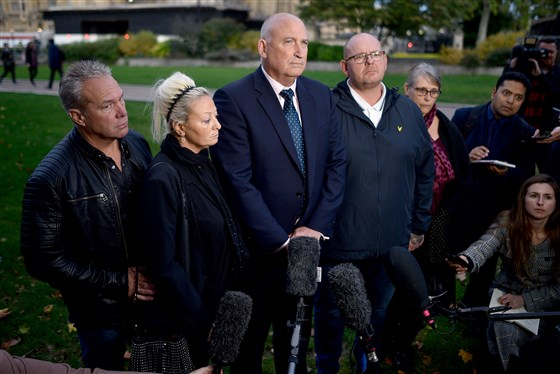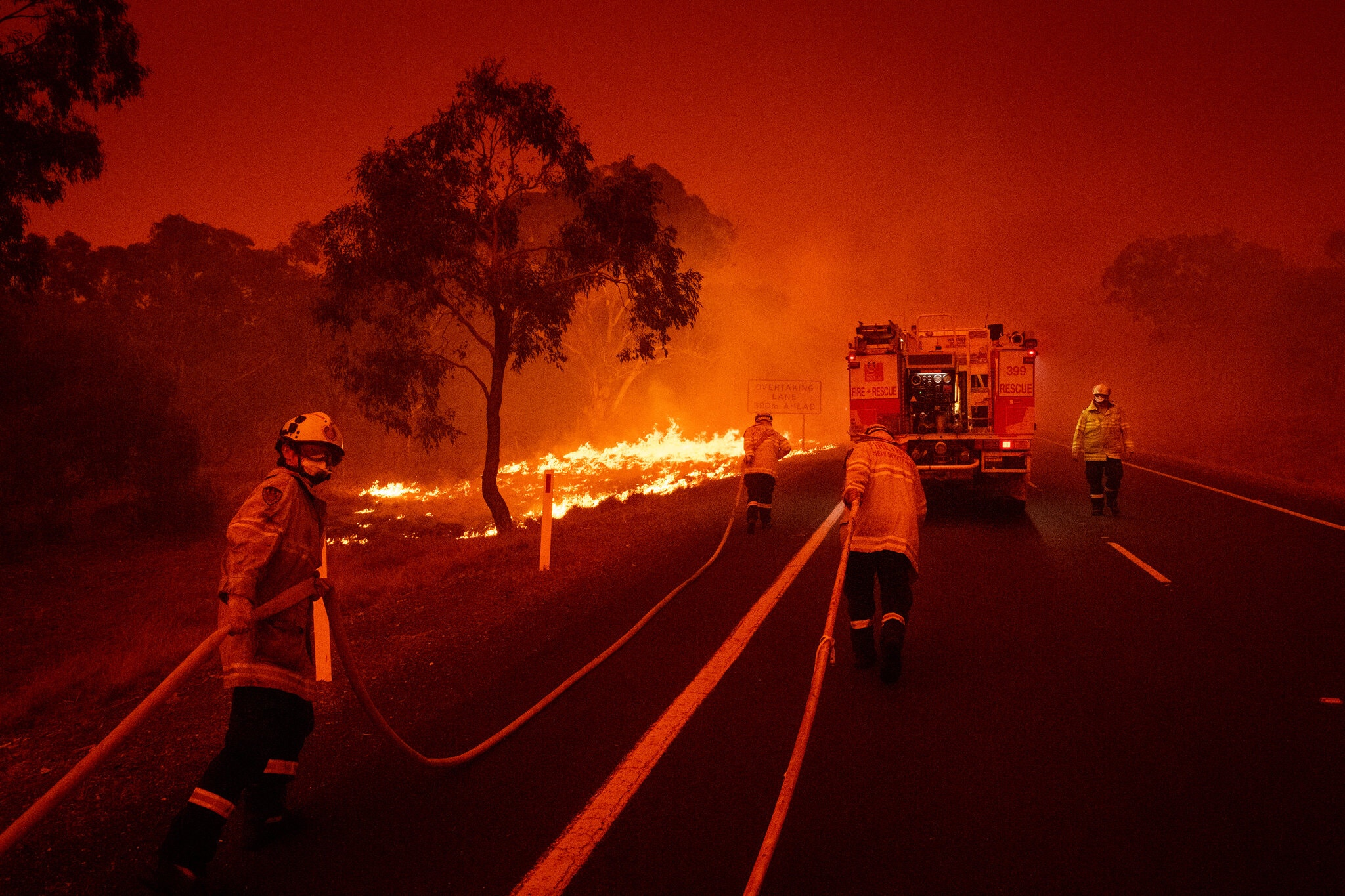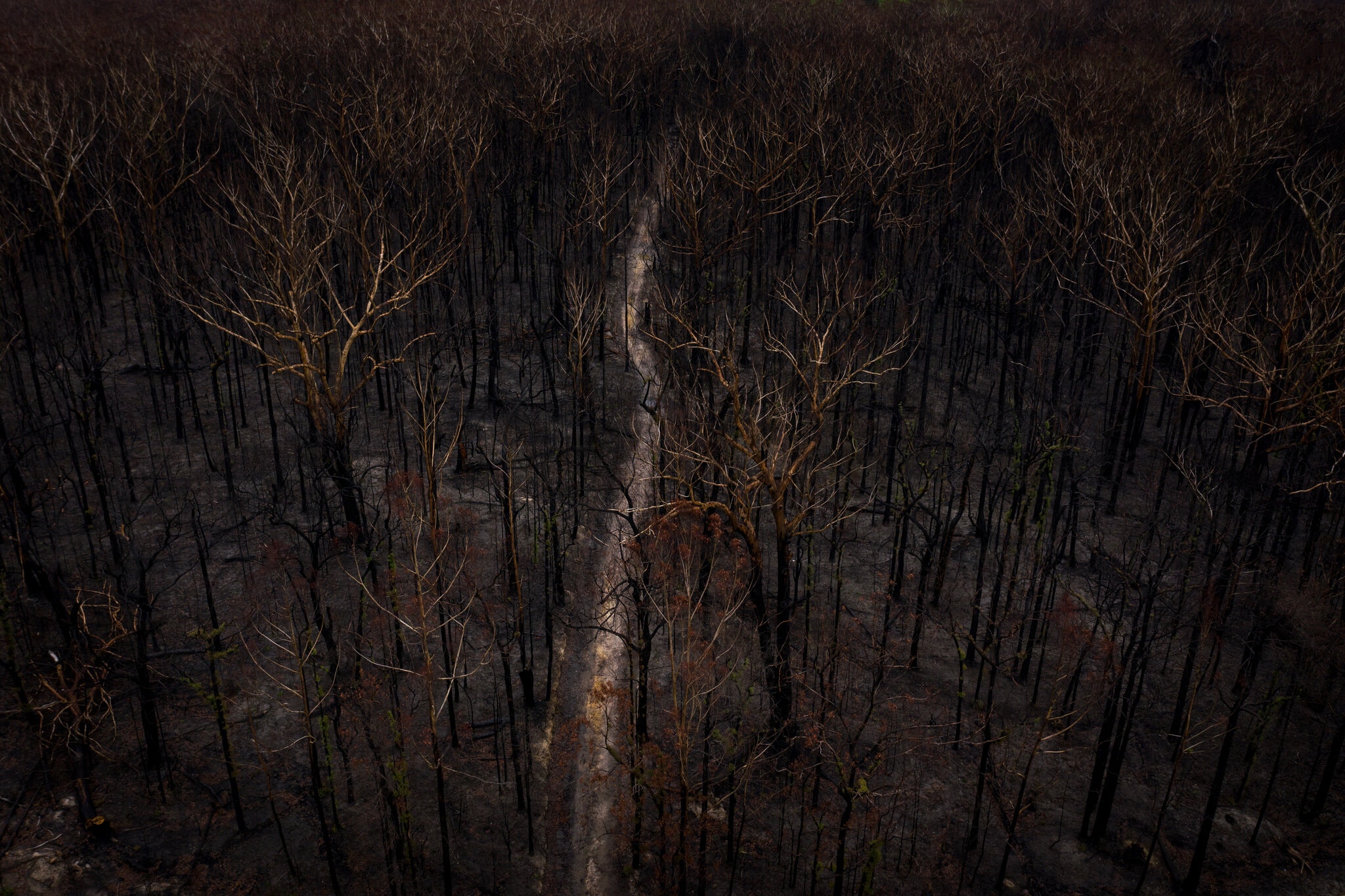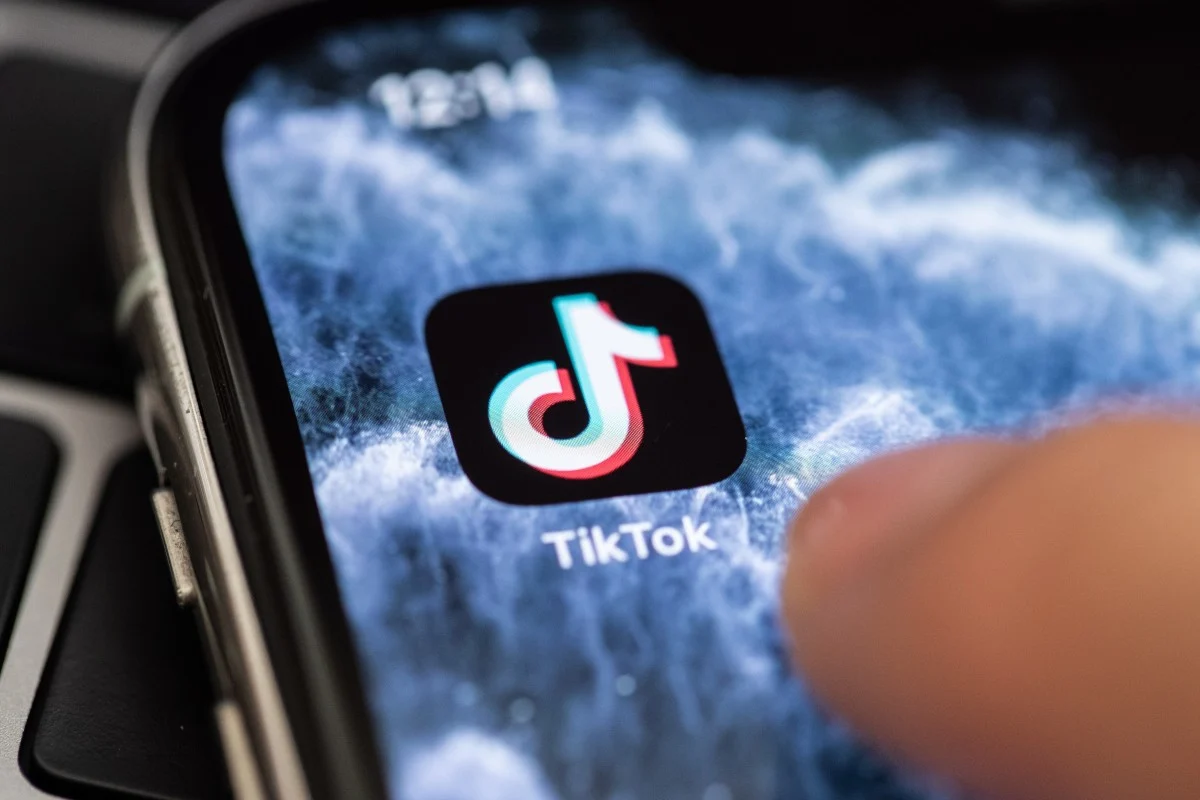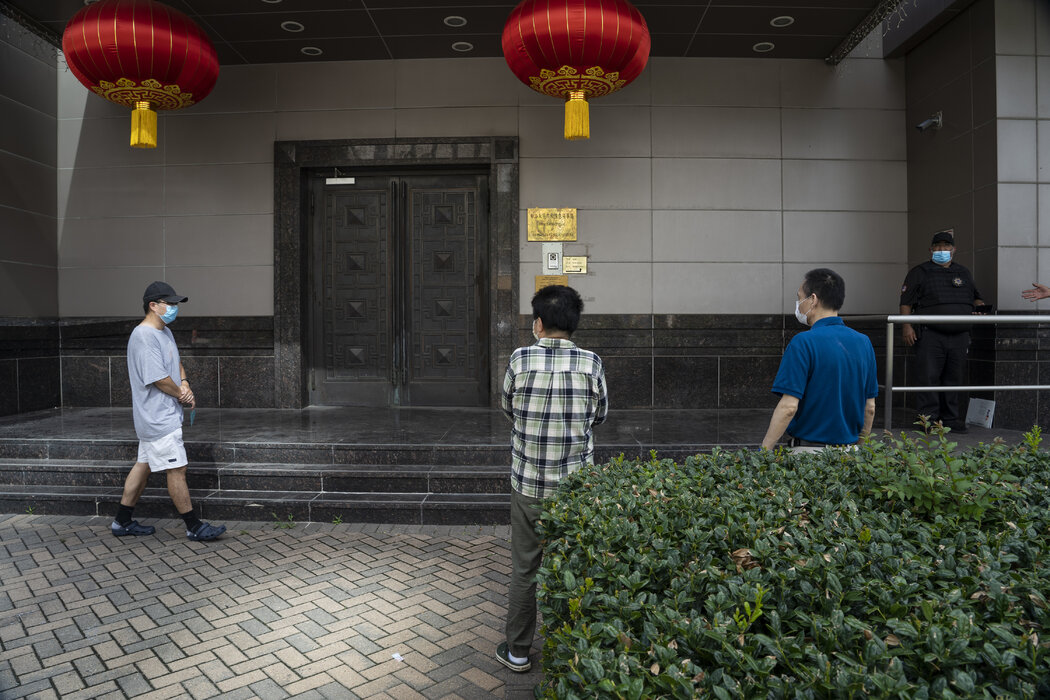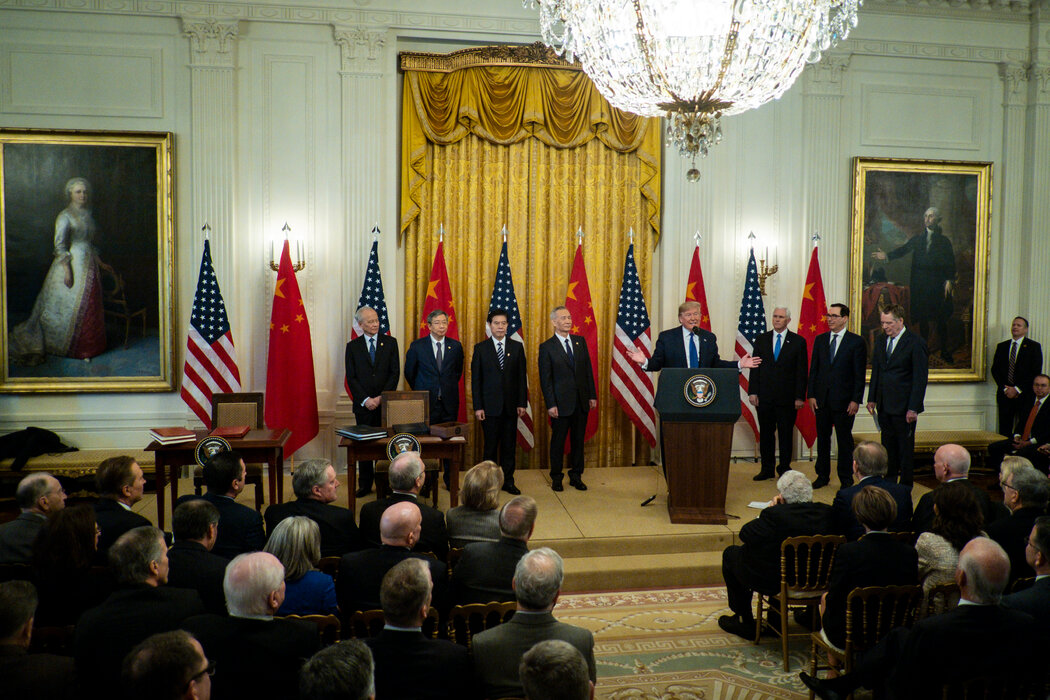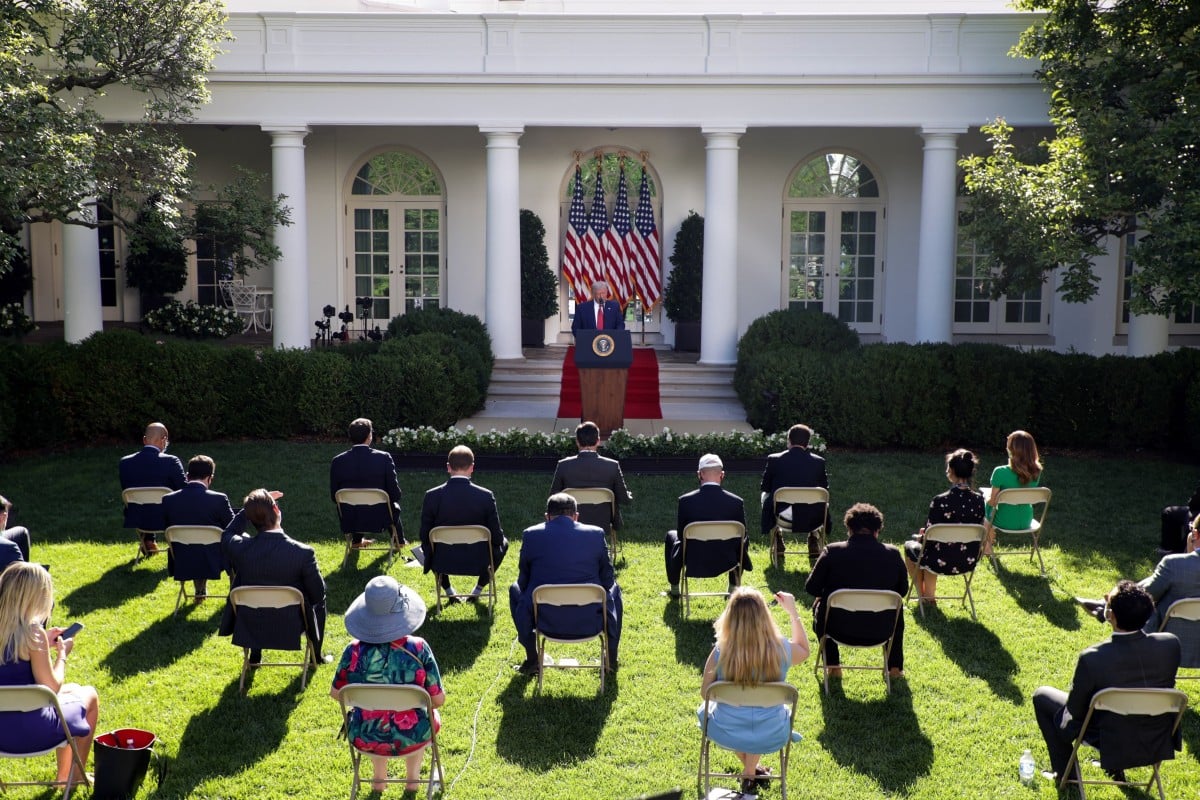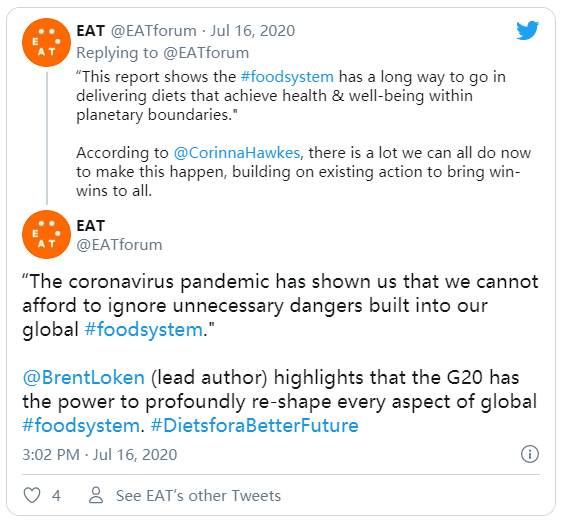纽约时报中文网 | JONATHAN KANDELL
https://cn.nytimes.com/asia-pacific/20200730/lee-teng-hui-dead/
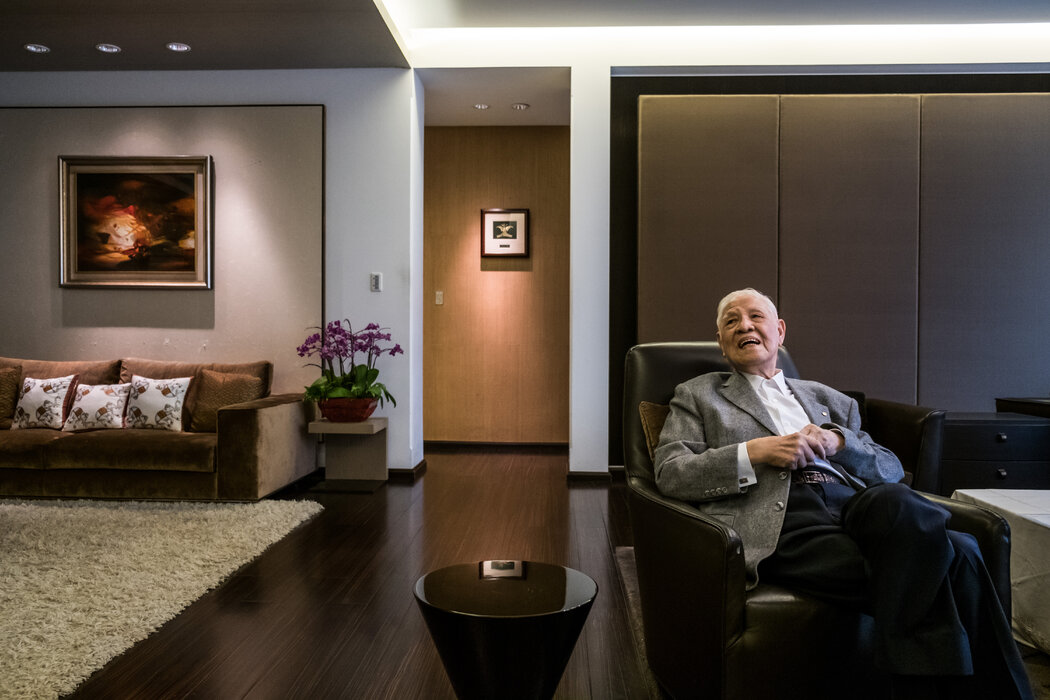
Lee Teng-hui, who as president of Taiwan led its transformation from an island in the grip of authoritarian rule to one of Asia’s most vibrant and prosperous democracies, died on Thursday in Taipei, the capital. He was 97.
The office of Taiwan’s president, Tsai Ing-wen, announced the death, at Taipei Veterans Hospital. News reports said the cause was septic shock and multiple organ failure.
Mr. Lee’s insistence that Taiwan be treated as a sovereign state angered the Chinese government in Beijing, which considered Taiwan part of its territory and pushed for its unification with the mainland under Communist rule. His stance posed a political quandary for the United States as it sought to improve relations with Beijing while dissuading it from taking military action to press its claims over the island.
As president from 1988 to 2000 — the first to be elected by popular vote in Taiwan — Mr. Lee never backed down from disputes with the mainland, and he continued to be a thorn in its side well into his later years. In 2018 he called, unsuccessfully, for a referendum on declaring the country’s name to be Taiwan, not the Republic of China, as it is formally known — a move that would have paved the way for sovereignty.
“China’s goal regarding Taiwan has never changed,” he told The New York Times in a rare interview at a time when the Chinese government was trying to further isolate the island from the international community. “That goal is to swallow up Taiwan’s sovereignty, exterminate Taiwanese democracy and achieve ultimate unification.”
President Tsai’s office praised Mr. Lee’s achievements, saying in a statement, “The president believes that former President Lee’s contribution to Taiwan’s democratic journey is irreplaceable and his death is a great loss to the country.”
Mr. Lee entered Taiwan’s politics during the dictatorial Nationalist Party regimes of Chiang Kai-shek and his son Chiang Ching-kuo, who assumed power after his father’s death in 1975. The Nationalists ruled with brutality, which reached a peak in 1947 with what became known as the February 28 incident, in which up to 28,000 Taiwanese were massacred by Chiang Kai-shek’s troops in response to street protests. The Nationalists imposed martial law two years later, and it was not lifted until 1987 by Chiang Ching-kuo.
Born in Taiwan, Mr. Lee joined the Nationalist Party, known as the Kuomintang or KMT, in 1971 and became an agricultural minister. He was later mayor of Taipei and governor of Taiwan Province before being tapped as vice president in 1984.
When Chiang Ching-kuo died of a heart attack in 1988, Mr. Lee succeeded him, becoming the first native Taiwanese president.
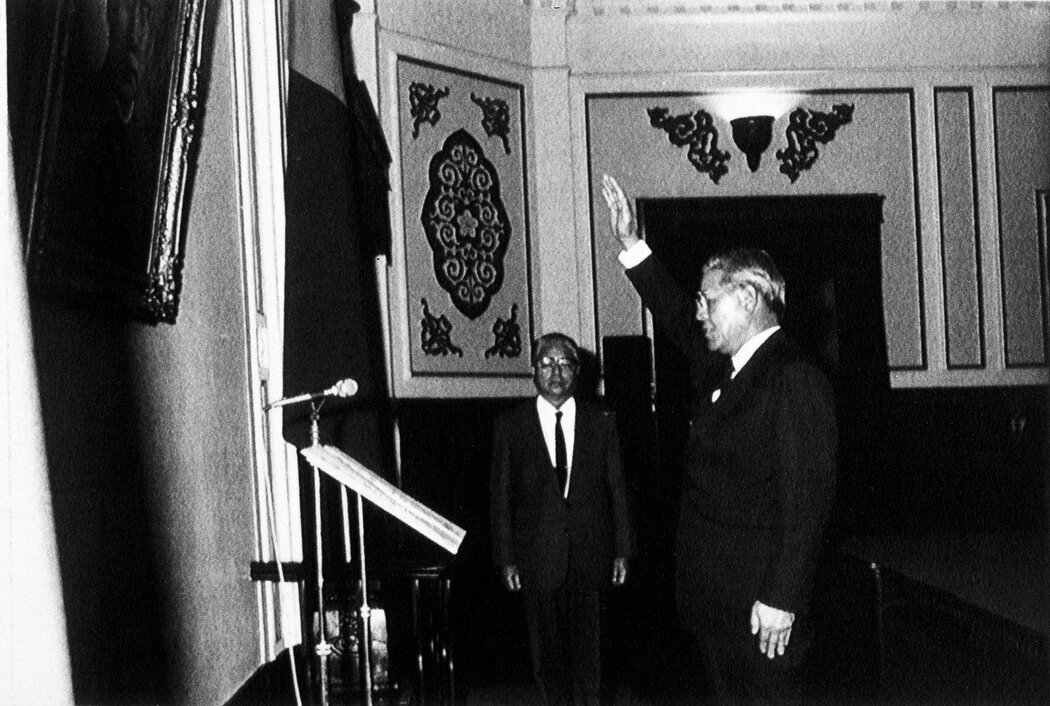
Mr. Lee dismantled the dictatorship and worked to end the animosity between those born on the mainland and the native Taiwanese. He pushed the concept of “New Taiwanese,” a term suggesting that the islanders, no matter their backgrounds, were forging a common identity based on a democratic political system and growing prosperity.
He pursued a deliberately ambiguous policy with mainland China, shifting between rigid hostility, tentative conciliation and defiant independence. His attempts to demonstrate Taiwan’s international sovereignty sometimes provoked the mainland into saber-rattling military exercises.
One such episode occurred after a trip by Mr. Lee to the United States in 1995, ostensibly to visit Cornell University, his alma mater. China accused the United States and Taiwan of colluding to raise the island’s diplomatic status. In a demonstration of Beijing’s ire, Chinese military forces fired test missiles into the Taiwan Strait, which separates the island from the mainland. Washington countered by positioning warships off the Taiwan coast. The affair strained relations between Washington and Beijing for months.
Mr. Lee again infuriated Beijing in a German television interview in 1999 by suggesting that relations between Taiwan and China should be conducted on a “special state-to-state” basis. That provoked tirades in the official Chinese media. The People’s Liberation Army Daily denounced Mr. Lee as “the No. 1 scum in the nation.” The Xinhua News Agency called him a “deformed test-tube baby cultivated in the political laboratory of hostile anti-China forces.”
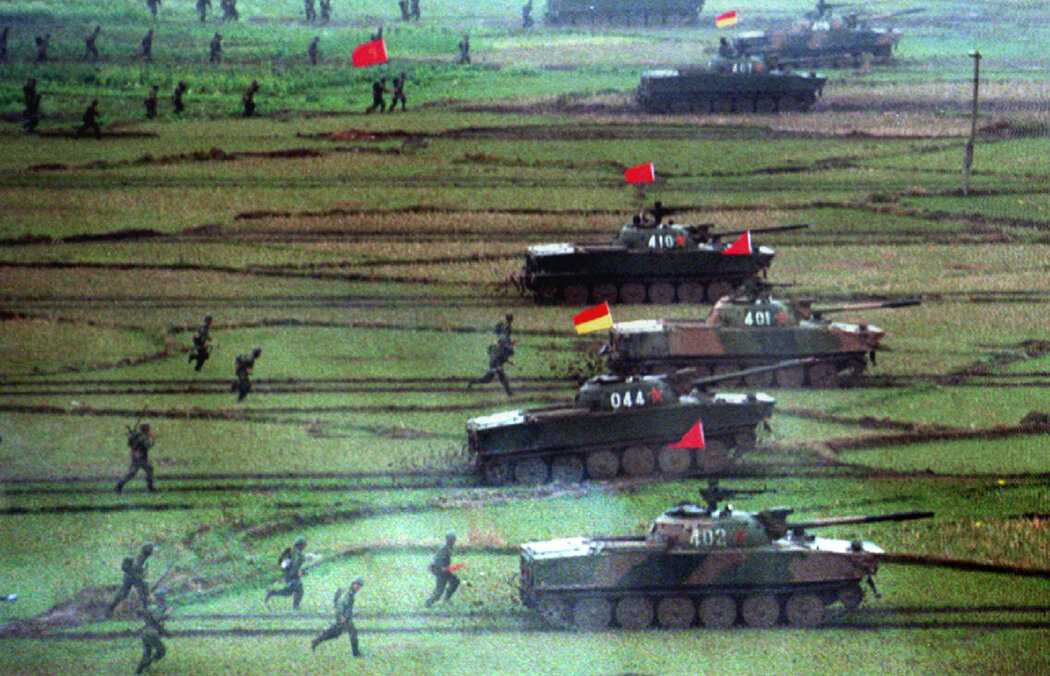
But such attacks made Mr. Lee only more popular in Taiwan. A tall, silver-haired, tough-minded campaigner with a dazzling smile, he used his charisma to rally support. He spoke the slang of the ports and factories, rode bullhorn trucks with local candidates and set off firecrackers to please the deities of local temples.
“The people like Lee Teng-hui because he stands up for them in the face of China’s dictators,” Chen Shui-bian, the mayor of Taipei at the time, said in 1996,
Lee Teng-hui was born on Jan. 15, 1923, in Sanzhi, a village on the outskirts of Taipei. His father was a police detective in the employ of the Japanese authorities that ruled Taiwan as a colony from 1895 to 1945. Mr. Lee studied agronomy in Japan at the Kyoto Imperial University and served as a second lieutenant in the Imperial Japanese Army during World War II, though he never saw action.
He returned to Taiwan after the war and secretly joined the Communist Party of China while completing his undergraduate work at the National Taiwan University. “I read everything I could get my hands on by Karl Marx and Friedrich Engels,” he wrote in his 1999 memoirs, “The Road to Democracy.”
He joined the protests in the February 28 incident in 1947, but he soon renounced Marxism and joined the KMT. The party later destroyed his Communist Party records when he became politically prominent.
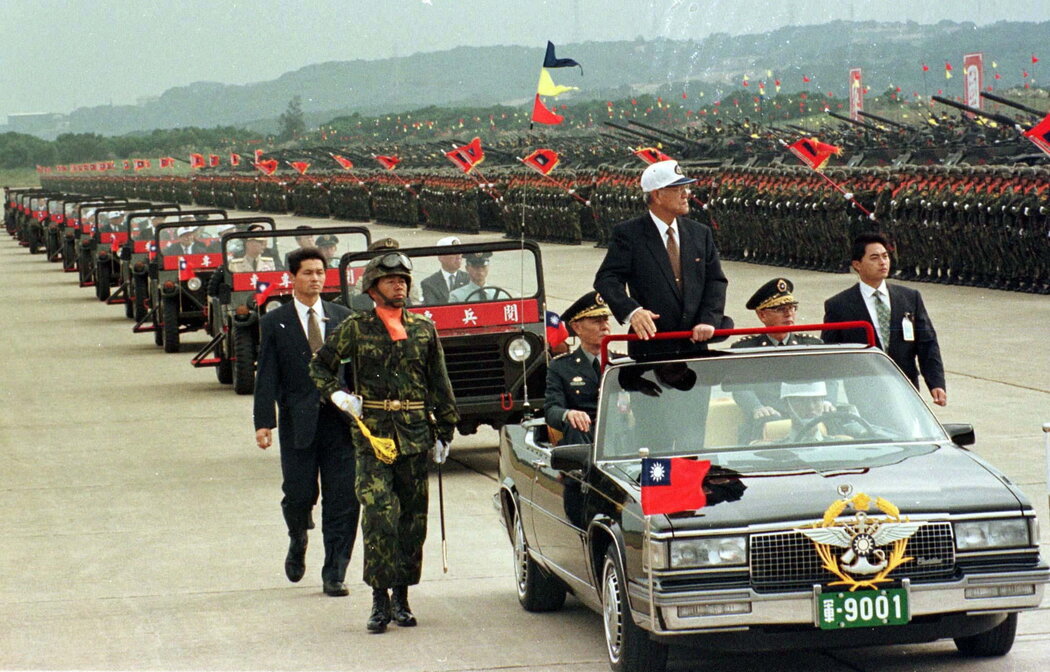
Mr. Lee married Tseng Wen-fui, the daughter of a prosperous landholding family, in 1949, and both became devoted Presbyterians. They had two daughters, Anna and Annie; their only son, Hsien-wen, died of cancer. He is survived by his wife and daughters as well as a granddaughter and a grandson.
Taiwan became a separate political entity in 1949 after the civil war in China brought Mao’s Communists to power, forcing Chiang’s defeated government to flee to the island, some 100 miles from the mainland.
For the next 30 years, Taiwan, with American support, maintained the fiction that it was the seat of China’s legitimate government in exile. Washington finally recognized the Communist government in Beijing in 1979 and severed its formal diplomatic relations with Taiwan. But it continued to guarantee Taiwan’s security against a mainland invasion and backed negotiations between both sides aimed at reunification.
Mr. Lee cultivated ties with the United States during two academic stays, receiving a master’s degree in agricultural economics from Iowa State University in 1953 and a Ph.D. from Cornell in 1968. In between, he taught in Taiwanese universities, gaining recognition as an agricultural economics scholar and attracting the attention of Chiang Ching-kuo, then a deputy prime minister under his father. On the younger Chiang’s recommendation, Mr. Lee was appointed minister without portfolio. He distinguished himself by promoting programs that raised health standards and farm incomes.
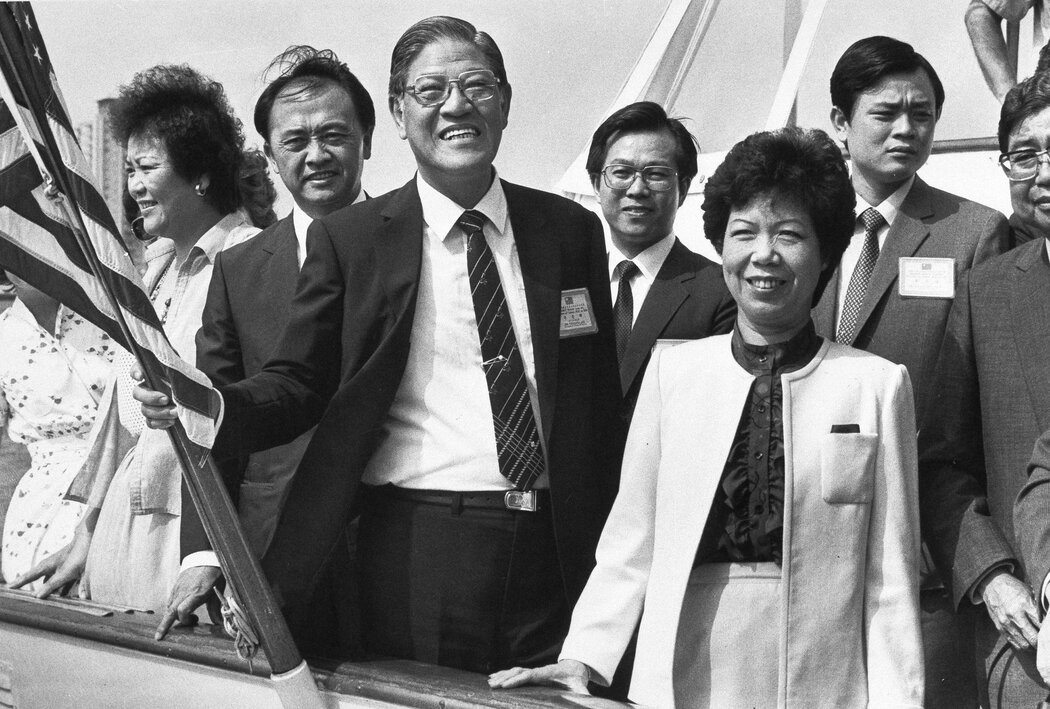
With Chiang Ching-kuo installed as president, Mr. Lee was appointed mayor of Taipei in 1978 and set about modernizing the capital’s road and sewer systems. As governor of Taiwan Province, from 1981 to 1984, he pushed agrarian reforms that helped achieve a balanced growth between urban and rural areas, still a hallmark of Taiwan.
Mr. Chiang selected Mr. Lee as his vice president in 1984. It was a dramatic departure from the usual practice of appointing only former mainland Chinese to top government posts. His selection was viewed as a gesture toward the native Taiwanese, who had been politically powerless despite accounting for 85 percent of the population.
When Mr. Lee became president in 1988 on Mr. Chiang’s death, he moved to break with the Chiang family’s autocratic system, publicly deploring the February 28 massacres. He ended decades of state-of-emergency measures, allowed citizens to send mail to mainland relatives and visit them, dropped bans on street demonstrations, eased press restrictions, promoted a multiparty system and decreed open elections for the National Assembly.
The KMT easily retained control of the legislature, but more than three-fourths of the seats went to Taiwanese natives.
“What had been a tight police state under Chiang Kai-shek and his son Chiang Ching-kuo is now the most democratic society in the Chinese-speaking world,” The Times declared in a 1992 editorial.
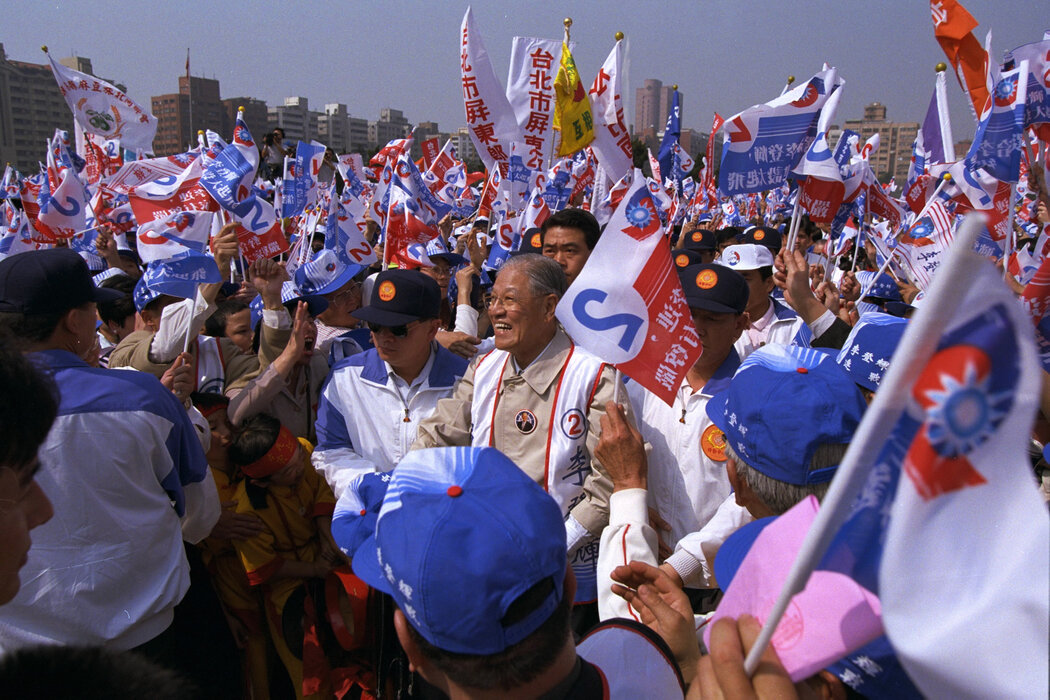
Mr. Lee was elected outright in 1996, in Taiwan’s first open presidential contest. Seeking to begin a dialogue with Beijing, he supported a policy of “one China, two equal governments.” But he insisted that Taiwan would rejoin the mainland only if China became a democratic, capitalist society. In the meantime he again called for “state to state” relations between Taipei and Beijing, a policy that the mainland rejected. Instead, Chinese officials tried to persuade other countries to cut all ties with Taiwan, asserting that any improvement in relations would come only after Mr. Lee had retired.
Mr. Lee was succeeded in 2000 by Chen Shui-bian, the Democratic Progressive Party candidate whose election ended KMT rule. In his two terms, Mr. Chen presided over a huge expansion of Taiwan’s trade and investment in China, a process that had already been underway during the Lee presidency. But like his predecessor, Mr. Chen frustrated Beijing’s attempts to get Taipei to acknowledge the mainland’s sovereignty and embrace a timetable for unification.
Mr. Lee came out of retirement in 2018 to help create the Formosa Alliance, a new party calling for the formal independence of Taiwan from China. But the party did not go ahead with a promised referendum on independence.
Late in life, Mr. Lee endured the ignominy of corruption charges. In June 2011, he was indicted, along with a financier, Liu Tai-ying, on charges of embezzling almost $8 million in public funds during his presidency. Mr. Lee was acquitted in 2013.
He took solace in proclaiming that he had helped his island of 23 million inhabitants serve as a beacon for the 1.4 billion people on the mainland. Or, as he wrote in his memoirs, “We have developed the economy and have embraced democracy, becoming the model for a future reunified China.”
